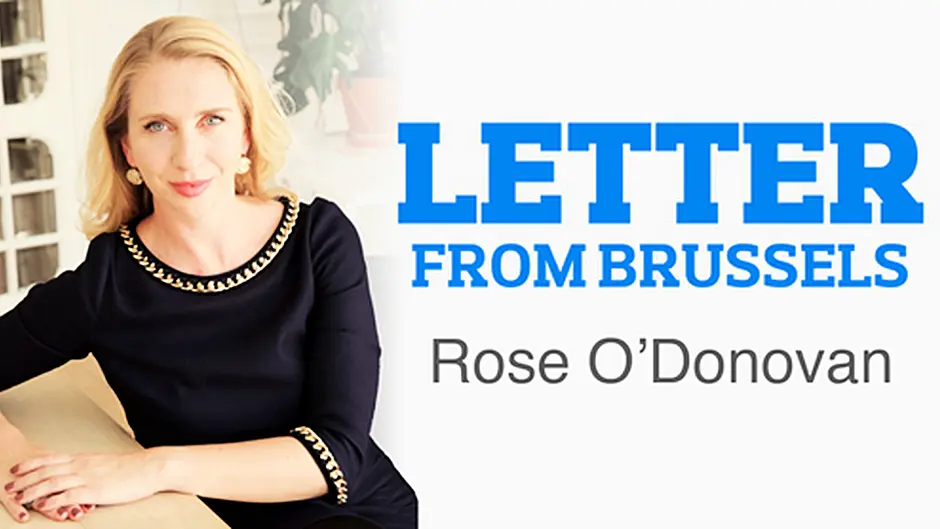AS the pandemic continues to dominate headlines, the Brexit debate has not gone away, while London does not appear to be ‘playing ball.’
Following the latest round of ‘virtual talks’ (April 20th to 24th), the UK ‘failed to engage on a number of fundamental issues,’ the EU’s negotiator, Michel Barnier stated. Stressing the importance of trust, the veteran politician bemoaned apparent attempts by the British to renege on undertakings in the Political Declaration.
Nevertheless, he insisted that ‘with political will, realism, and mutual respect,’ it would be possible ‘to build, in the coming months, an ambitious partnership between us.’ The UK was still refusing to accept safeguards on fundamental human rights issues, while London was also holding out for a series of separate deals, with separate governance mechanisms.
Speaking from Brussels, Barnier wished the UK Prime Minister Boris Johnson, now out of hospital having contracted Covid-19, ‘all the best in your recovery.’ The Frenchman, who himself has also recovered from the illness, highlighted the deadlines which face negotiators, starting with June 30th, the point at which it is necessary to decide ‘on the basis of a joint position with the British,’ whether the transition period should be extended for one or two years beyond December 31st.
Then there is the December 31st deadline, which Barnier called the date of the ‘economic Brexit,’ following the ‘political Brexit’ that took place at the beginning of this year, wondering ‘will the UK leave the Single Market & Customs Union with or without an agreement with the EU?’
He warned that it would be ‘a shock that would affect many companies and consumers,’ adding ‘We need to see whether we can come up with a smart agreement that can cushion the shock.’ The British government had confirmed during this round of negotiations that it would reject any extension of the Withdrawal Agreement.
‘We note this choice,’ Barnier said. With Johnson now back at the helm in Downing Street, the next steps on the path towards Brexit should become clearer in the coming weeks.
€80m EU ‘mini-package’
FOLLOWING weeks of lobbying by national capitals and farm organisations, the European Commission announced, on April 22nd, a ‘mini package’ for the agricultural sector worth €80 million. The initiative contains a suite of market measures to assist the dairy, beef and sheep/goat meat sectors.
The Commission announced further ‘exceptional’ measures worth nearly €80 million to support the agricultural and food sectors worst affected by the Covid-19 crisis, with €30 million earmarked for the dairy sector including private storage aid (PSA) for Skimmed Milk Powder SMP, butter and cheese. Following strong lobbying from industry and stakeholders, the EU’s executive also confirmed Private Storage Aid for high-quality beef (steaks) for a total volume of 25,000 tonnes (budget €26 million) and sheep and goat meat for a total volume of 36,000t (€20 million) allowing the temporary withdrawal of product from the market for a minimum of two to three months to a maximum period of five months, which should restore a certain equilibrium.
The announcement followed a letter backed by the 27 agriculture ministers from across the EU saying the time had come for market support for sectors that were nearing collapse.
Agriculture Commissioner Janusz Wojciechowski said the consequences of the pandemic were ‘increasingly being felt in the agri-food sector and this is why we have decided to take swift action.’
The EU farm chief said the proposed measures were ‘intended to send a signal aimed at stabilising markets,’ considered to be the ‘most appropriate for providing stability to future prices and production and thus stable food supplies and food security.’ The Polish politician expressed his confidence that the initiatives would ‘relieve markets, and show concrete results rapidly.’
Wojciechowski confirmed that the costs would ‘largely be covered by the 2020 budget, but this will also depend on operators’ decisions, e.g. in terms of quantities stored, the actual storage period, etc.’
• Rose O’Donovan is the editor-in-chief of the Brussels-based agricultural policy newsletter AGRA FACTS.









